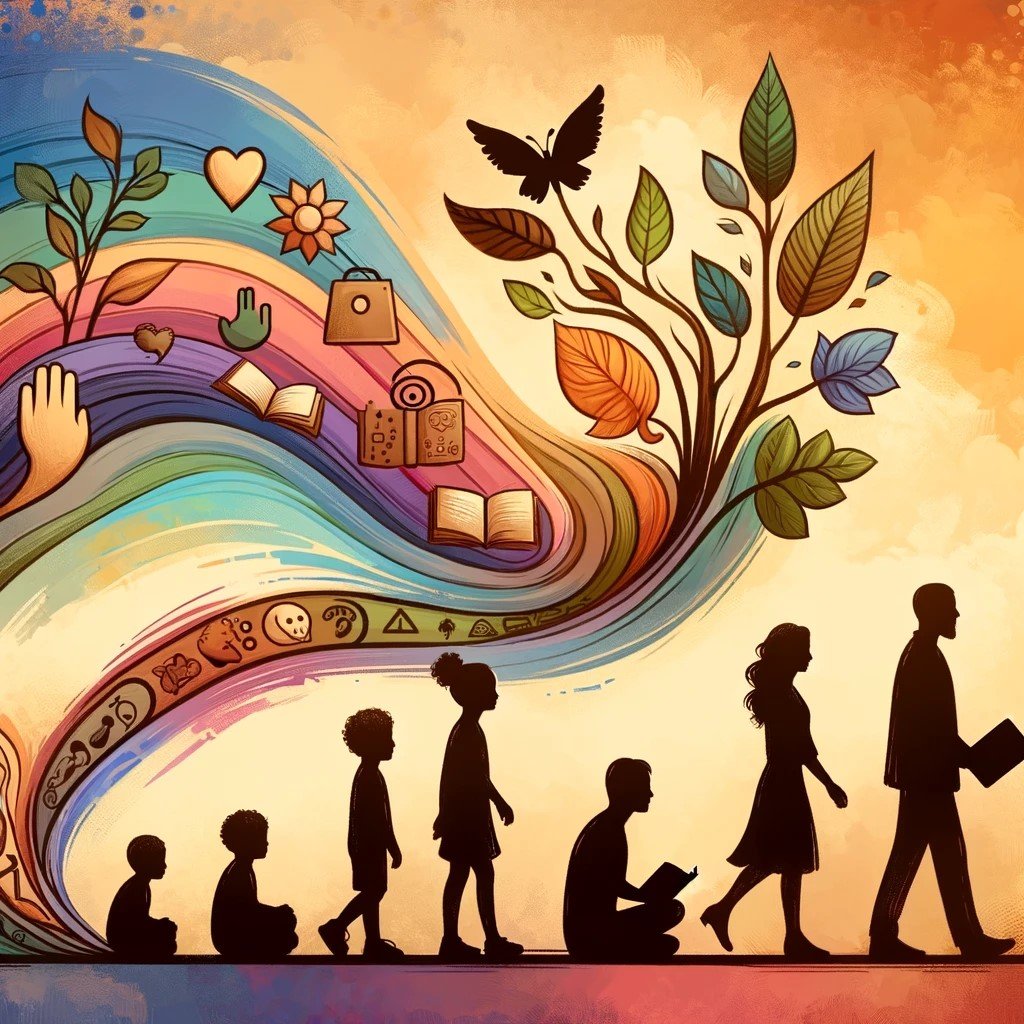Bridging the Gap: Understanding Adulthood in Relationships
In "Bridging the Gap: Understanding Adulthood in Relationships," a marriage and family therapist delves into the challenging transition from adolescence to adulthood within relationships. This insightful post explores the societal expectations versus the reality of achieving maturity, the importance of continuous learning, and the power of empathy and support in cultivating healthy, fulfilling partnerships.
Bridging the Gap: Understanding Adulthood in Relationships
In the journey of life, few transitions are as mystifying and silently challenging as the leap from adolescence to adulthood, especially within the realm of relationships. As a marriage and family therapist, I've observed a curious phenomenon: society harbors a set of expectations for adults in relationships that, upon closer inspection, seem both unrealistic and unfairly imposed.
The Illusion of Adulthood
Firstly, let's tackle the elephant in the room: What does it mean to be an "adult" in a relationship? Society often paints a picture of adulthood that is tied to certain milestones—financial independence, marriage, parenthood—yet offers scant guidance on the emotional and relational competencies that truly define mature partnership. The result? A generation of adults navigating the complexities of love and commitment, armed with little more than ideals and expectations forged by external observers.
Learning on the Job
The reality is, most of us enter the world of adult relationships without a roadmap. Our education system prepares us for careers, but not for the intricacies of communication, empathy, and compromise that underpin a healthy relationship. We are left to learn from the examples set by our parents, the media, and our own trial and error—a process that is as fraught with challenges as it sounds.
A Shift in Empathy
Remarkably, our society extends a wealth of patience and guidance to the youth as they fumble through their formative years, learning the ropes of social interaction and self-awareness. Yet, this empathy wanes as the arbitrary threshold of adulthood is crossed. Suddenly, the 24-year-old who never mastered the art of emotional regulation or conflict resolution is met with criticism rather than support. This shift highlights a critical gap in our collective approach to personal development: the assumption that adulthood alone equips individuals with the skills necessary for mature relationships.
Embracing Continuous Growth
The truth is, maturity in relationships is not a milestone reached but a journey undertaken. It involves continuous learning, self-reflection, and the deliberate cultivation of skills such as empathy, communication, and conflict resolution. As individuals and as a society, we must recognize that the development of these skills is not guaranteed by the passage of time. Instead, it requires intentional effort and, often, external guidance.
Charting a New Course
So, where do we go from here? The path forward involves breaking down the stereotypes of adulthood and opening avenues for continuous personal growth. We can start by advocating for relationship education that extends beyond the school years, into adulthood. Workshops, therapy, reading materials, and support groups can all serve as resources for individuals seeking to enhance their relational skills.
Moreover, we must cultivate a culture of empathy and support that recognizes the ongoing nature of personal development. Just as we would not expect a teenager to navigate the complexities of adult life without guidance, we should not expect adults to master the nuances of relationships without a support system.
Conclusion
As we redefine what it means to be an adult in a relationship, we pave the way for healthier, more fulfilling partnerships. By acknowledging the gaps in our education and societal expectations, and by embracing the idea of lifelong learning, we can all move closer to the ideal of mature, supportive relationships that thrive on understanding and growth.

